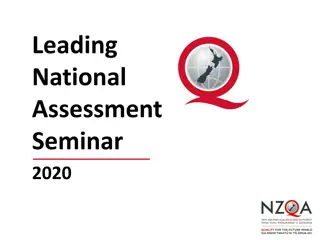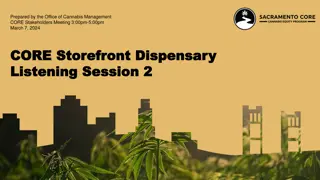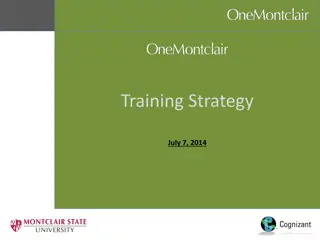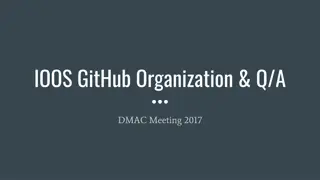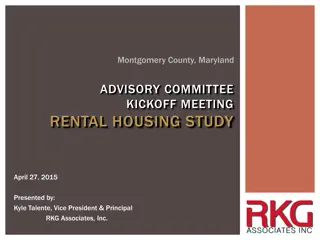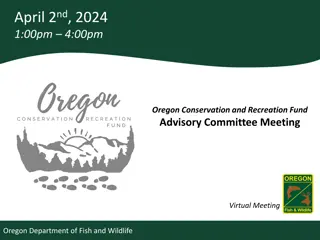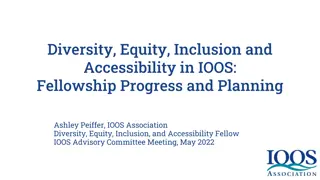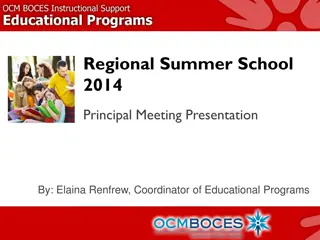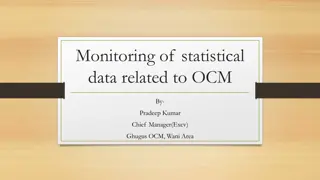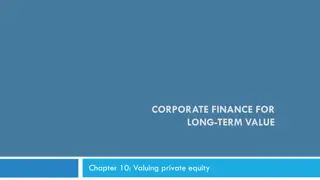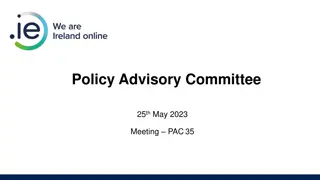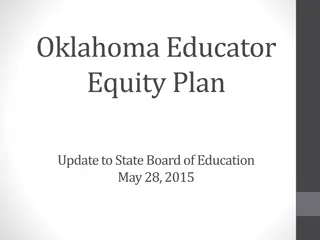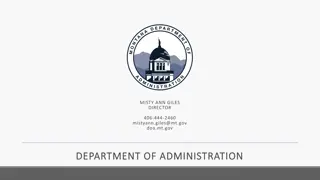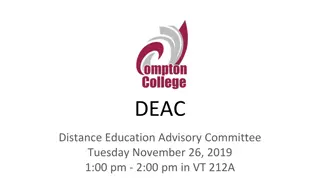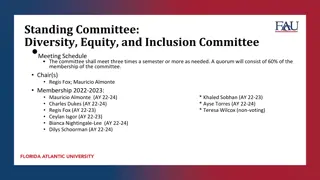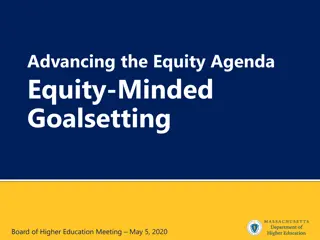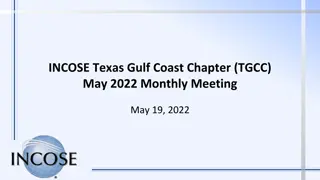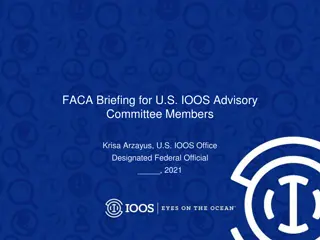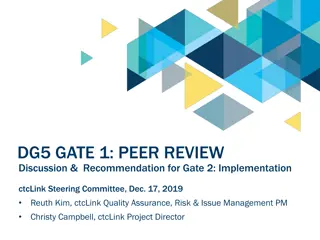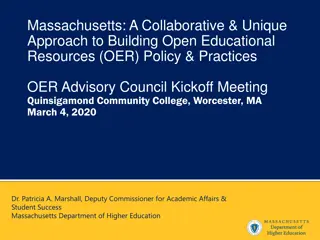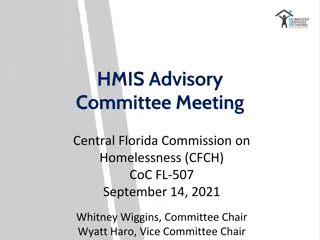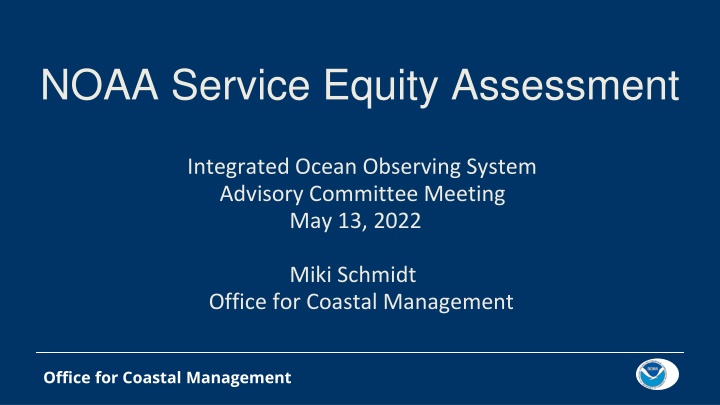
NOAA Equity Assessment & Recommendations for Underserved Communities
Explore the findings and recommendations from the NOAA Service Equity Assessment for underserved communities, focusing on gaps in data, recommended actions, and strategies to improve service delivery and engagement.
Download Presentation

Please find below an Image/Link to download the presentation.
The content on the website is provided AS IS for your information and personal use only. It may not be sold, licensed, or shared on other websites without obtaining consent from the author. If you encounter any issues during the download, it is possible that the publisher has removed the file from their server.
You are allowed to download the files provided on this website for personal or commercial use, subject to the condition that they are used lawfully. All files are the property of their respective owners.
The content on the website is provided AS IS for your information and personal use only. It may not be sold, licensed, or shared on other websites without obtaining consent from the author.
E N D
Presentation Transcript
NOAA Service Equity Assessment Integrated Ocean Observing System Advisory Committee Meeting May 13, 2022 Miki Schmidt Office for Coastal Management Office for Coastal Management
Outline Background Service Equity Assessment Process Findings and Recommendations Actions to Date Broader Implications and Considerations Office for Coastal Management
Background EO 13985 - Advancing Racial Equity and Support for Underserved Communities Through the Federal Government Led by NOAA Performance Risk and Social Science Office NOAA Selected Three Efforts to Assess NWS - Weather Ready Nation OAR - Sea Grant Awards NOS - Digital Coast Sea Level Rise Viewer Teams Given ~3 Months to Complete Phase 1 Office for Coastal Management
Process Completed OMB self-assessment questionnaire - Format: 5 main sections (service context, performance, design, systems, and internal equity) - Questions: 26, with 3-10 parts Iterative with staff, external experts, & NOAA leadership Identify findings Compile recommendations Office for Coastal Management
Assessment Findings Insufficient data regarding if and how underserved communities use Sea Level Rise Viewer and associated data, tools, and training. Gaps in characterizing the most vulnerable populations and identifying best practices for ensuring equitable service delivery. Minimal systematic or focused work with networks and partners to ensure underserved audiences are benefitting from the data and information resources. Office for Coastal Management
Recommendations Data Collection and Documentation Collect demographic data regarding partners and who they serve Develop standard PRA questions around equity Identify and fill gaps regarding physical and socioeconomic data Office for Coastal Management
Recommendations Build Relationships with Connectors Collaborate with organizations that have trusted relationships with underserved populations Create NOAA-wide mechanisms for establishing relationships with connector organizations Coordinate across NOAA and Federal Agencies Office for Coastal Management
Next Steps from Assessment Department of Commerce Action Plan GSA Office of Evaluation Sciences - Develop methods for understanding who is accessing the Viewer now - Develop metrics on future use As resources allow, acquire geospatial data to fill gaps in SLR Viewer coverage (e.g. Alaska) Office for Coastal Management
Additional Actions to Date Working with and through our partners Digital Coast products and services Grants language, requirements, and outreach Modified Fellowships approach Office for Coastal Management
Fellowship Results All 2022 fellowship projects include DEIJA principles Just placed the most diverse group of fellows date. Of the twelve selected fellows: five attended MSI s for graduate school one identifies as a first generation college student four identify as Black, Indigenous, People of Color one self-identified as queer eleven of the fellows are female and one is male. Office for Coastal Management
Broader Considerations Federal coordination Stakeholder fatigue Public expectations Metrics, evaluation, and data collection Sustained investment in relationships is a must Not for me, without me Office for Coastal Management
Discussion Office for Coastal Management

